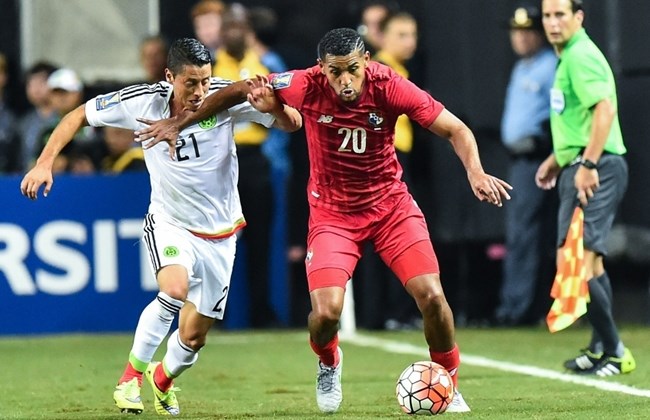
An American pastor whose detention for the past two years by Turkey sparked a crisis in ties with the United States went back on trial on Friday with Washington hopeful he will finally be released.
The detention since October 2016 of Andrew Brunson on terror charges caused not just one of the worst diplomatic rows of recent times between the NATO allies but also a crash in the Turkish lira, which exposed Turkey’s economic fragility.
The new hearing got under way in a court in Aliaga in the western province of Izmir with Brunson present as well as US charge d’affaires Jeffrey Hovenier, an AFP correspondent said.
Turkish judicial authorities have repeatedly denied requests for the release of Brunson, who was moved from prison to house arrest in Izmir city in late July.
But observers see growing indications that he may, finally, be allowed to go free at Friday’s hearing and the United States has expressed hope he will be released.
If the court forces him to stay in detention or keeps a travel ban in place, the backlash from Washington and also financial markets could prove bruising for Turkey.
“I’m hopeful that before too long he and his wife will be able to return to the United States. That would be an important step forward for the US and Turkish relationship,” State Department spokeswoman Heather Nauert said ahead of the hearing.
The lira saw volatile trade ahead of the decision, losing 0.5 percent in value against the dollar to trade at 5.94.
Secret deal?
US broadcaster NBC said Turkey and the United States had reached a secret deal for Brunson to be released on Friday and some charges against him dropped, in exchange for the US easing “economic pressure” that included the sanctions which pummeled the lira.
But Turkey insists its judiciary is independent and Nauert said she was “not aware” of any such deal.
The resumption of the trial comes at a sensitive time for the Turkish leadership, which is under global scrutiny over how it handles the case of Saudi journalist Jamal Khashoggi who disappeared in Saudi Arabia’s consulate in Istanbul.
If the Brunson issue is resolved to Washington’s satisfaction, it could help the two sides coordinate their Saudi policy more closely.
Turkish President Recep Tayyip Erdogan, who has in the past taken aim at Brunson, appeared to distance himself from the case in his latest comments, saying he could not interfere in judicial affairs.
“Whatever decision the judiciary makes, I am obliged to obey it,” he told Turkish reporters.
Trump has lauded Brunson as a “great patriot” who was being held “hostage.”
Brunson was first detained in October 2016 on allegations of assisting groups branded as “terrorists” as part of a crackdown by the Turkish government following a failed coup earlier that year blamed on the US-based preacher Fethullah Gulen.
If convicted, he faces 35 years in jail on charges of aiding terror groups and espionage. Brunson and US officials insist he is innocent of all charges.












